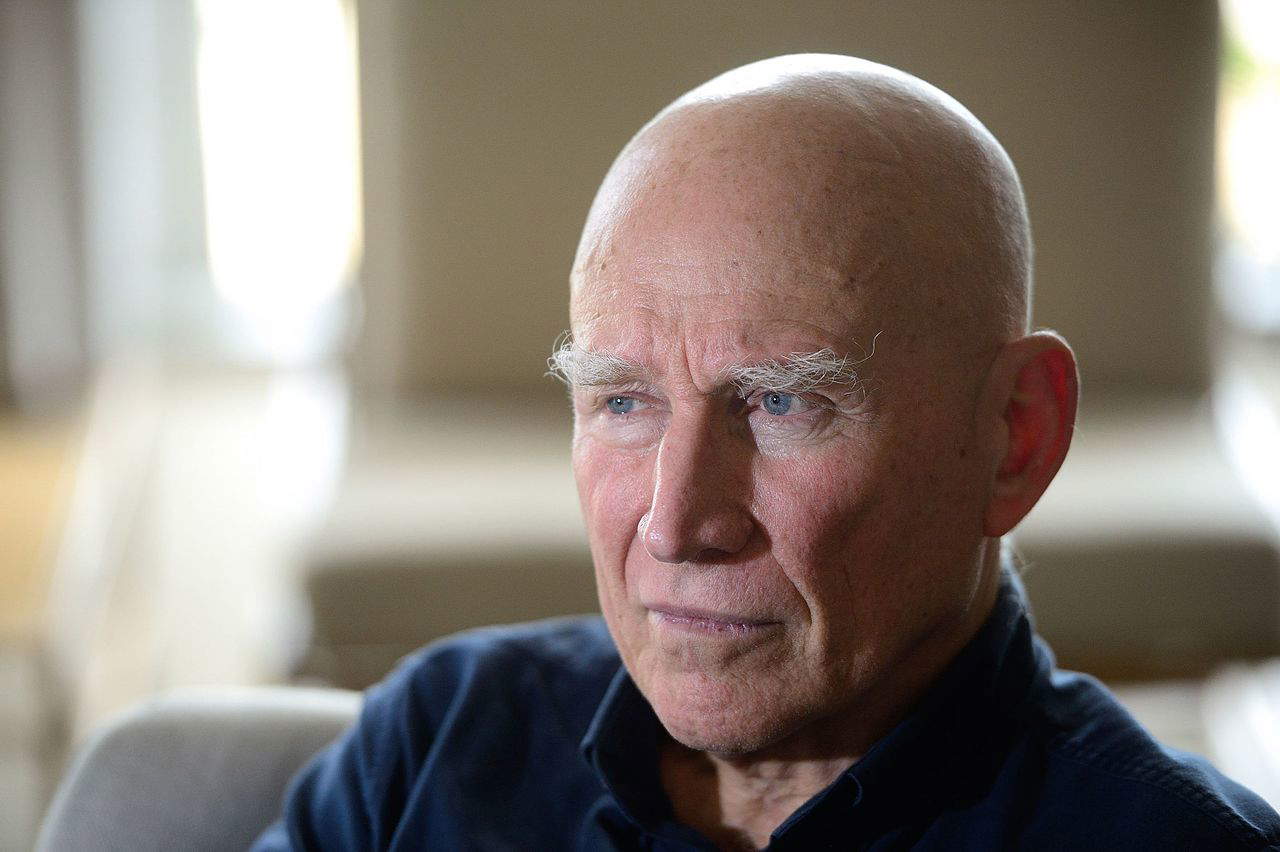Farewell to Sebastião Salgado: the Brazilian photographer, considered among the most important photojournalists active between the 20th and 21st centuries and famous for his spectacular photographs taken in black and white, died today in Paris at the age of 81. Breaking the news is the Académie des Beaux-Arts in Paris, and confirming it isInstituto Terra, a nongovernmental organization founded by Salgado himself. “With great sadness we announce the passing of Sebastião Salgado, our founder, teacher and eternal inspiration,” says the note spread on the NGO’s social channels. “Sebastião was much more than one of the greatest photographers of our time. Together with his life partner, Lélia Deluiz Wanick Salgado, he sowed hope where there was devastation and flourished the idea that environmental restoration is also a profound gesture of love for humanity. His lens revealed the world and its contradictions; your life, the power of transformative action. In this time of mourning, we express our solidarity with Lélia, her sons Juliano and Rodrigo, her grandchildren Flávio and Nara, and all the family and friends who share with us the pain of this immense loss. We will continue to honor his legacy, cultivating the land, justice and beauty that he believed could be restored.”
Sebastião Salgado was one of the most important documentary photographers of our time. Born on Feb. 8, 1944, in Aimorés, Brazil, he initially trained as an economist, earning a degree in economics and beginning his working career in that field. However, it was a trip to Africa in the 1970s, made for professional reasons, that marked a fundamental turning point in his life: he was so impressed by the images he was able to capture with his camera that he decided to give up economics to devote himself entirely to photography.

After moving to Paris, Salgado embarked on a career path that led him to work with some of the most prestigious international photo agencies, including Sygma, Gamma and, since 1979, Magnum Photos. In 1994, together with his wife Lélia Wanick Salgado, he founded the agency Amazonas Images, entirely dedicated to the promotion and management of his photographic work. With an unmistakable style, characterized by a masterful use of black and white, Salgado has chronicled the human condition in its most extreme and poignant aspects, addressing issues such as poverty, migration, manual labor, war, and, in recent years, also the environment and unspoiled nature.
Among his most celebrated projects are Other Americas, a series of images of rural life in Latin America; Workers, a powerful visual epic documenting manual labor around the world and its gradual decline; and Exodus, a monumental work chronicling the drama of forced migration. Next, Salgado turned to nature, making Genesis, a tribute to the still pristine places on the planet and the indigenous peoples who inhabit them, and finally Amazônia, a project dedicated to the Amazon rainforest and the need to protect it. His most recent projects include Glaciers, dedicated to the melting of the planet’s glaciers but also to life in these remote areas of the earth.
Parallel to his photographic work, Salgado has also undertaken an important environmental commitment. In 1998, together with his wife, he founded the aforementioned Instituto Terra, a nonprofit organization based in Brazil dedicated to the reforestation and ecological restoration of the Atlantic forest in the Aimorés region. The project has had a remarkable impact: millions of trees have been planted on more than 700 hectares of degraded land, contributing not only to the restoration of biodiversity but also to global environmental awareness.
Throughout his career, Salgado has received numerous international awards, starting with the Praemium Imperiale, regarded as the Oscar of art, which he won in 2021. Other notable ones include the first prize at World Press Photo in 1985, the prestigious Príncipe de Asturias Prize for the Arts in 1998, the Centennial Medal of the Royal Photographic Society, and, in 2016, admission as a member of the Académie des Beaux-Arts in France. His life and work were also chronicled in the documentary “Salt of the Earth” (2014), directed by Wim Wenders and his son Juliano Ribeiro Salgado, which won critical and public acclaim. His legacy - of powerful images, compassion for humanity and commitment to the planet - continues to inspire generations of photographers, activists and art enthusiasts around the world.
 |
| Farewell to Sebastião Salgado, master of photojournalism |
Warning: the translation into English of the original Italian article was created using automatic tools. We undertake to review all articles, but we do not guarantee the total absence of inaccuracies in the translation due to the program. You can find the original by clicking on the ITA button. If you find any mistake,please contact us.